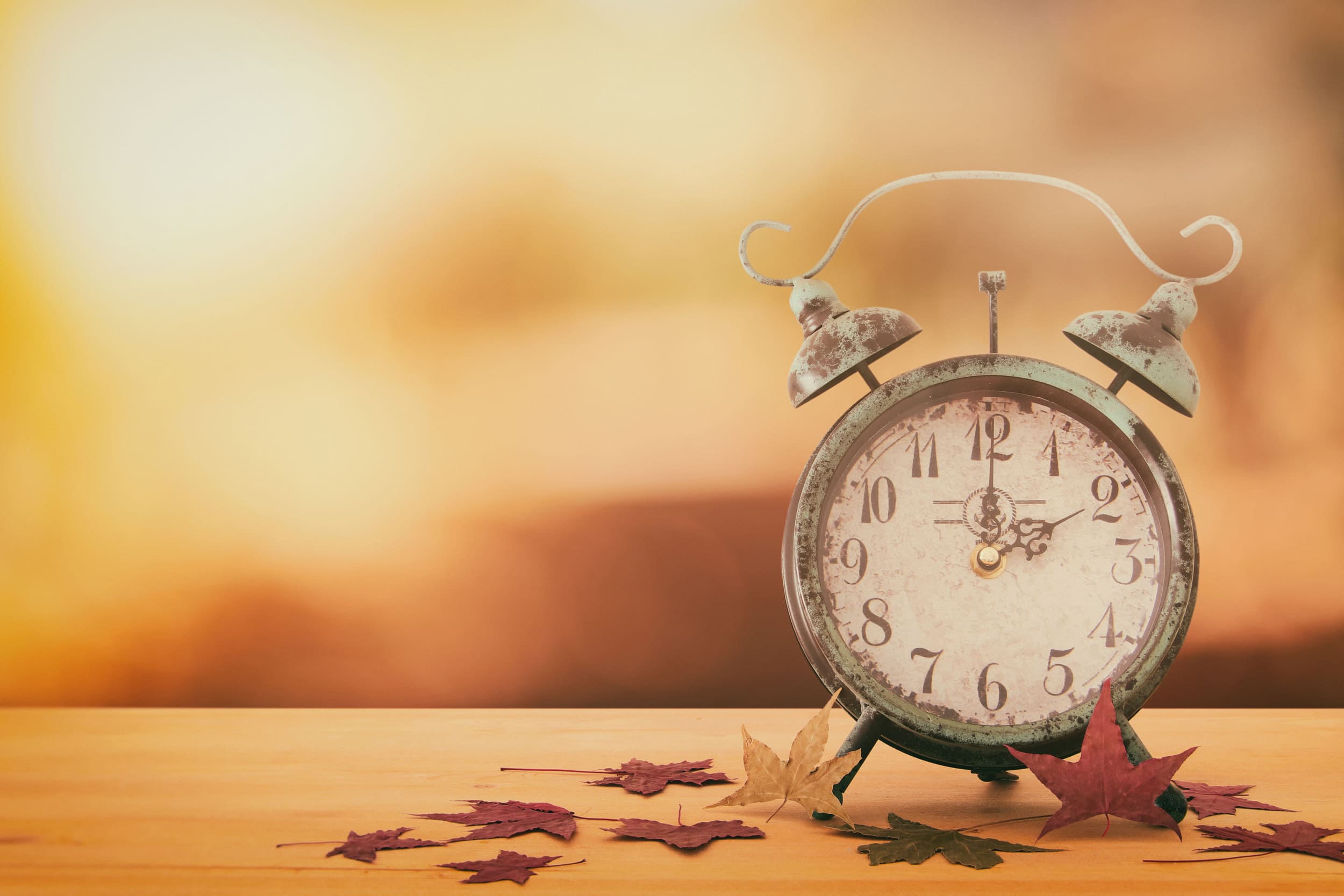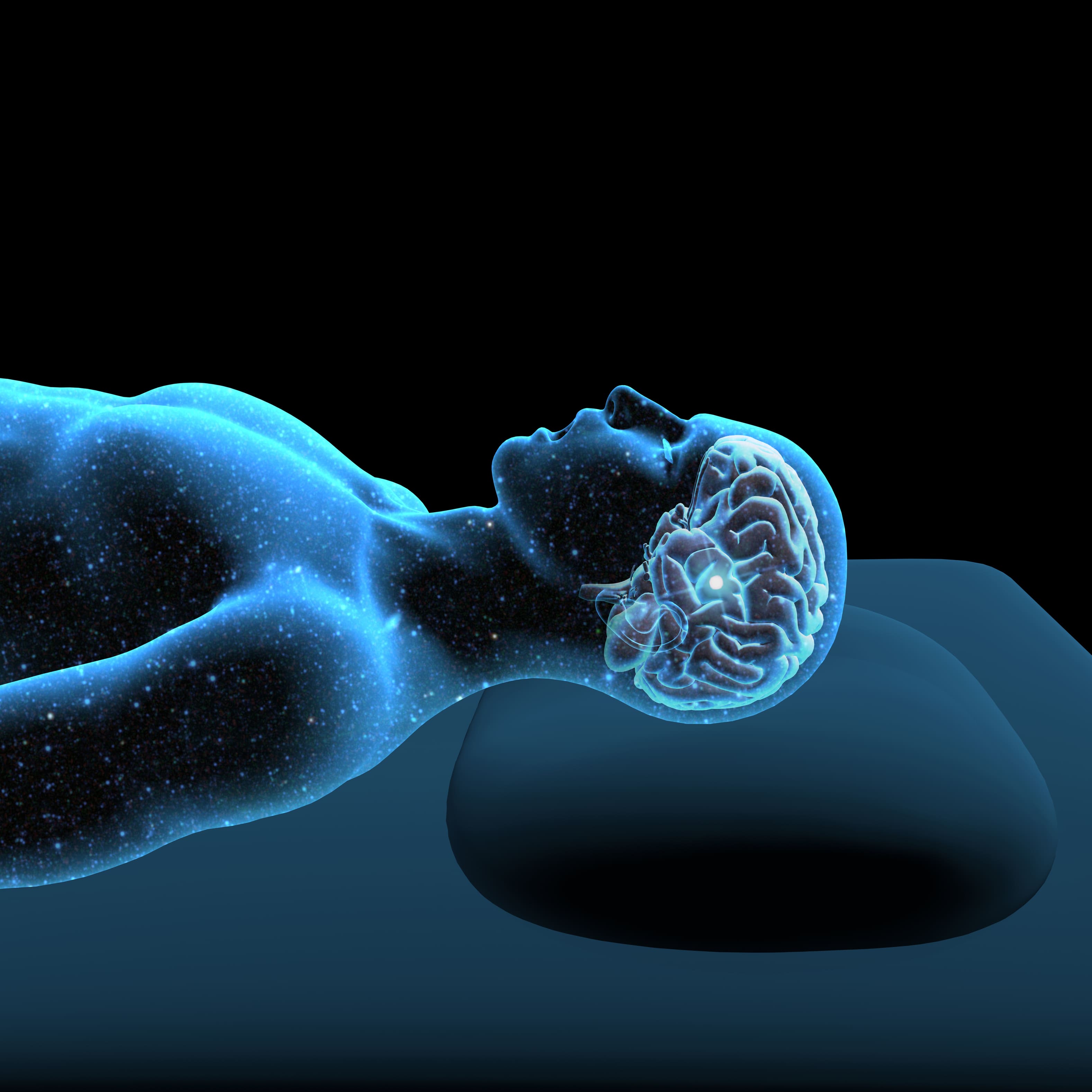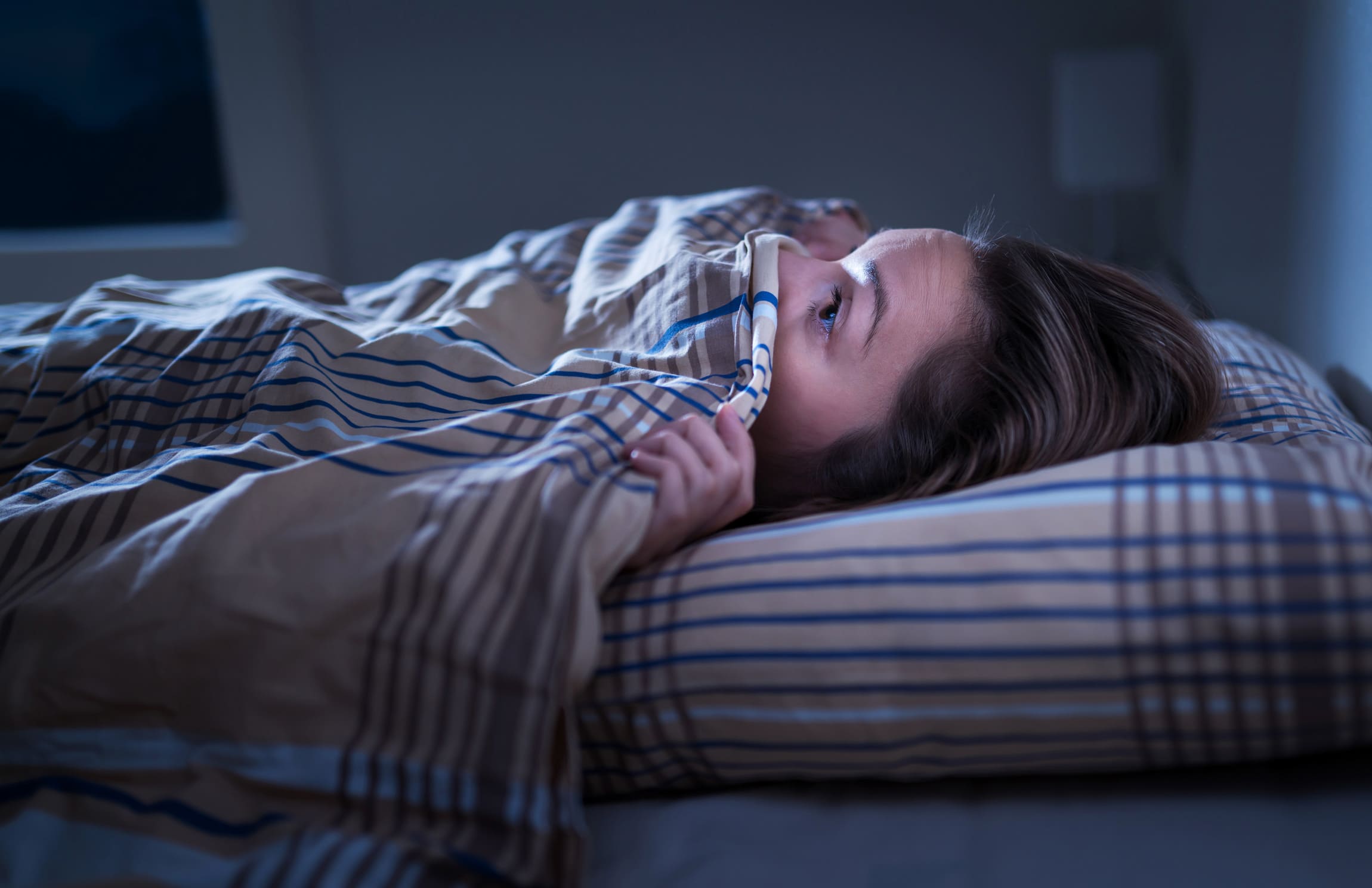Sleep and Daylight Savings
What’s really at play during the Halloween season is that it coincides with our clocks changing from BST to GMT.
British Summer Time (BST) and Greenwich Mean Time (GMT) refers to the United Kingdom’s start and finish of daylight savings time, first established in 1916. Whenever we change our clocks one hour forward, or one hour back, this causes a shift in our circadian rhythms (our biological body clock) and how it prepares for sleep and waking.
The body’s biological processes for sleep patterns are not simply governed by whenever we decide we want to go to bed and wake up. Rather, our circadian rhythms are controlled by complex neural pathways in the brain that direct the activity of our sleep hormones.
Since our brain’s sleep patterns are ultimately ruled by the light of day and the dimming of light at night–through our eyes’ retinae–any changes in that light exposure schedule, such as daylight savings time, asks our body to “reboot”. When our body has to shift its circadian rhythms, even by one hour, it needs time to make that adjustment. This is what causes a period of disruption in your sleep architecture and can lead to nightmares.
Sleep Architecture and Nightmares
Sleep architecture refers to your body’s organization of sleep.
Like the internal workings of a clock, your body uses a complex set of gears to set up its stages of activating and deactivating metabolism, responsiveness, and motor activity. All of these functions are aimed at perfecting your sleep cycle.
Going into REM (rapid eye movement) sleep and coming out of REM sleep is when your dreams are the most vivid.
When that part of your sleep cycle is disrupted, your neurotransmitters can derail and send you into terrifying, heart pounding “hallucinations”, or nightmares, that can seem very real. Keep this in mind if you’re trying to manage a problem with nightmares.
Nightmare Causes
Now that we know that a spooky Halloween season in October is not really to blame for nightmares, and that there is a biological process that dictates such brain activity, a better understanding of the neuroscience behind nightmares is the first step to avoiding them!
Keeping with good sleep hygiene (sleep schedule and nightime habits) is the best weapon against nightmare demons. This is because the cycle of your sleep is key. Keeping that cycle on par with your body’s circadian rhythms will prevent malfunctions in your REM sleep that have been known to induce nightmares.
Nightmares have been associated with multiple causes, and there are still many unknown facts about the mysteries of our dreaming and what they mean in general.
While nightmares are commonly more prevalent in children, there are a variety of factors that can cause them at any age. Studies have shown that sleep deprivation has been directly connected to nightmare occurrences, particularly when there is a health problem contributing to the sleep deprivation, such as sleep apnea or heart disease.
Obesity can cause nightmares since it interferes with good sleep posture (spine alignment), which leads to sleep deprivation. Medications that interact with brain chemicals are known to affect dreaming and some even list nightmares as a side effect, especially psychological medications or blood pressure medications.
Withdrawal from substances, such as cigarettes, alcohol, or tranquilizers, causes stress and insomnia. The sleep deprivation can then induce nightmares.
Psychological disorders, such as depression, anxiety, and post-traumatic stress disorder commonly include the symptom of frequent nightmares. This can exacerbate the psychological problem and has been associated with suicide in some cases. Chronic nightmares can be distinguished as a disorder in and of itself and has been found to be hereditary.
Mattress Nightmares
When you settle for a mattress that doesn’t take care of you and causes interruptions in your sleep, this invites a multitude of nightmares!
We really would like to help you with all of your questions–because your mattress could be the REASON for encountering nightmares, sleep deprivation, health hazards, psychological issues, and even stress on your relationships. At Mattress Express, we can help you with whatever concerns you have about your sleep and how it’s affecting your life.
- www.psychologytoday.com/us/conditions/nightmares
- www.independent.co.uk/life-style/health-and-families/health-news/these-are-the-three-most-common-nightmares-and-what-they-mean
- wikipedia.org/wiki/British_Summer Time#Instigation and early years
- www.webmd.com/sleep-disorders/guide/nightmares-in-adults
- www.uptodate.com/contents/stages-and-architecture-of-normal-sleep




